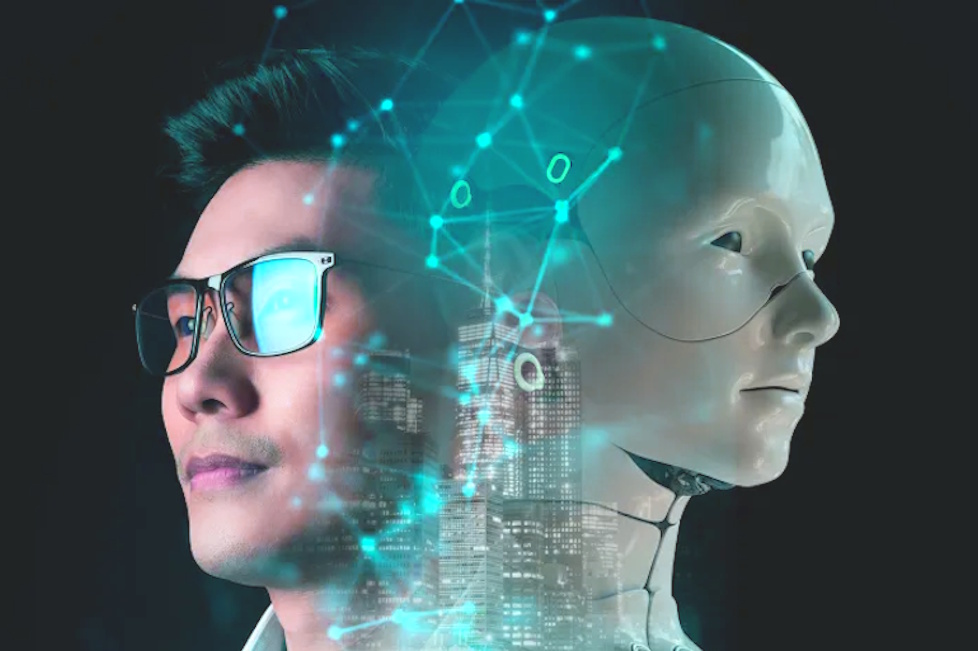By admin
Copyright dawatmedia24

A landmark study has revealed that leading proprietary artificial intelligence models can now successfully pass the entire Level III CFA (Chartered Financial Analyst) exam, a test renowned as one of the most challenging professional credentials in the finance industry. This achievement is particularly significant because it includes the demanding essay section, which had previously been a major hurdle for AI.
Background: From Struggling with Essays to Mastering Them
This breakthrough marks a rapid evolution. A separate 2024 study by J.P. Morgan’s AI Research department and Queen’s University had already confirmed that top AI models could easily pass the multiple-choice-heavy Level I and Level II CFA exams. However, they consistently struggled with the Level III essay questions, which require deep analysis, synthesis of information, and strategic thinking. The new research, conducted by New York University’s Stern School of Business and Goodfin, an AI-powered wealth platform focused on private market investments, set out to reassess the capabilities of Large Language Models (LLMs)—a branch of generative AI specialized in language tasks—in such specialized domains.
The Study: A Head-to-Head Comparison of 23 AI Models
The new study directly compared 23 leading AI models, including OpenAI’s GPT-4, Google’s Gemini 2.5, and Anthropic’s Claude Opus 4, using the official CFA Level III mock exam. The results were striking:
OpenAI’s o1-mini model achieved a top composite score of 79.1%.
Google’s Gemini 2.5 Flash followed closely with a score of 77.3%.
While most models performed well on the multiple-choice sections, only a few excelled in the essay portion. According to Professor Srikant Jagabathula of NYU, the latest LLMs based on reasoning-based architectures have demonstrated a “remarkable ability to perform tasks requiring significant quantitative and critical thinking.” He noted that these advanced models can now “reason through a problem and provide a logical rationale for their answer.”
Grading the Graders: AI Proves to Be a Harsher Critic
To ensure objective evaluation of the essays, the researchers employed a novel method: they used another LLM as a judge. This AI grader was provided with the model’s essay answer, the correct answer, the question context, and the official grading rubric. For comparison, the same answers were also graded by a certified human grader.
Surprisingly, the AI grader was significantly more stringent than its human counterpart, consistently awarding fewer points for the same responses. “We thought it would be more lenient, but we found, at least in this case, the opposite to be true,” Jagabathula stated.
The Power of “Chain-of-Thought” Prompting
The study also highlighted the critical importance of how questions are posed to the AI, a technique known as “prompting.” Using a method called “chain-of-thought prompting,” where the model is instructed to show its step-by-step reasoning before delivering a final answer, dramatically improved performance on the essays. This approach led to more nuanced and accurate responses, boosting essay accuracy by 15 percentage points compared to asking for direct answers.
Broader Implications: AI’s Expanding Role in Finance and Beyond
This achievement is part of a broader trend of qualitative leaps for AI in finance and investment. The role of AI has expanded far beyond traditional financial data analysis. These models now excel in:
Portfolio Management: Developing and optimizing investment portfolios.
Risk Analysis: Identifying and assessing complex market risks.
Opportunity Identification: Detecting subtle patterns and opportunities in global markets that are difficult for the human mind to discern easily.
Thanks to their ability to process vast datasets in seconds, AI algorithms can develop highly efficient automated trading strategies capable of predicting short- and medium-term price movements, helping institutions improve returns and reduce exposure to sharp volatility. They also play an increasing role in risk-based asset allocation, providing investors with more precise decisions and reducing reliance on human judgment, which can be prone to bias or error.
The reach of AI extends to vital areas like public offerings (IPOs), sovereign debt management, and corporate and national creditworthiness assessment. Fintech companies are leveraging these models to offer innovative solutions in digital lending, smart insurance, and high-net-worth wealth management, making financial services more inclusive and flexible than ever before. The convergence of AI with technologies like blockchain is also reshaping the global financial landscape through decentralized finance (DeFi) applications.
Beyond Finance: A Transformative Force Across Industries
The impact of AI is not confined to finance. Remarkable advances are occurring in other sectors:
Healthcare: AI models can analyze medical images with radiologist-level accuracy, predict pandemic outbreaks, and design new drugs in a fraction of the time required by traditional methods.
Education: AI-powered learning platforms deliver personalized content tailored to each student’s level and interests, revolutionizing teaching and learning methodologies.
Industry: Smart robots and predictive maintenance systems are playing a pivotal role in boosting productivity, minimizing equipment failures, and enhancing safety and quality standards.
Conclusion: Navigating the Future of Work
While these rapid advancements suggest a future of deeper integration between AI and the global economic fabric, they also spark familiar concerns about widespread job displacement. These anxieties echo fears from past technological revolutions—such as the advent of electricity, the personal computer, and the internet—where many predicted mass unemployment. Instead, those innovations ultimately created entirely new sectors and job categories that were previously unimaginable.
Similarly, the proliferation of intelligent automation and predictive analytics is likely to generate new roles and demand for skills in programming, data management, cybersecurity, and industrial innovation. This evolution will place humans at the center of these transformations not as competitors to machines, but as essential partners who innovate, develop, and lead the way toward a more advanced and economically diverse world.
Support Dawat Media Center
If there were ever a time to join us, it is now. Every contribution, however big or small, powers our journalism and sustains our future. Support the Dawat Media Center from as little as $/€10 – it only takes a minute. If you can, please consider supporting us with a regular amount each month. Thank you
DNB Bank AC # 0530 2294668
Account for international payments: NO15 0530 2294 668
Vipps: #557320
Donate Here



